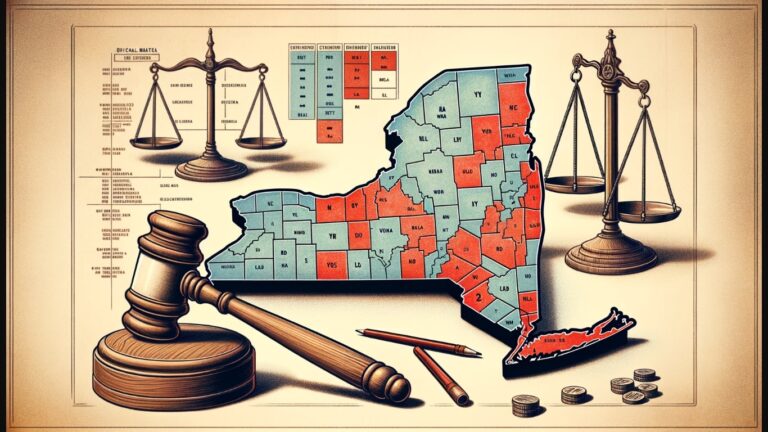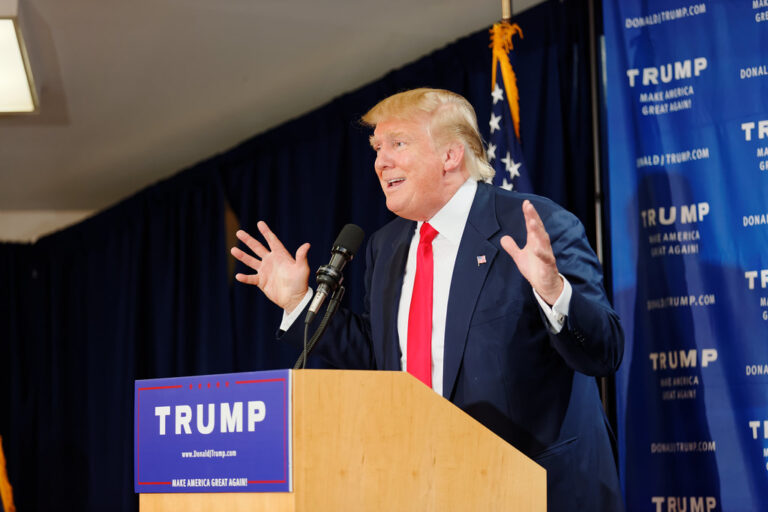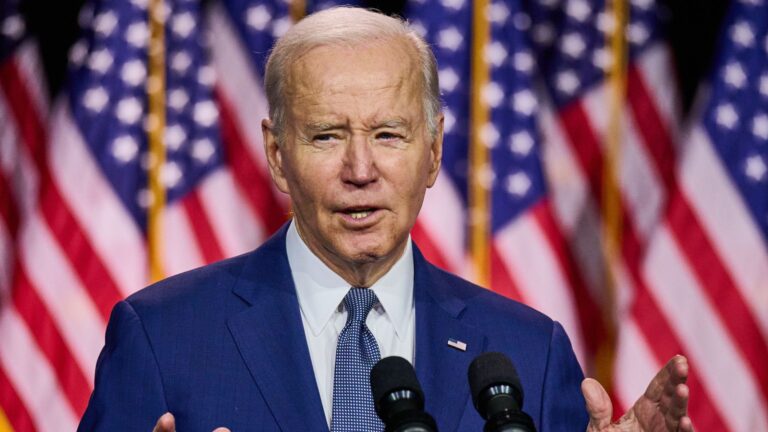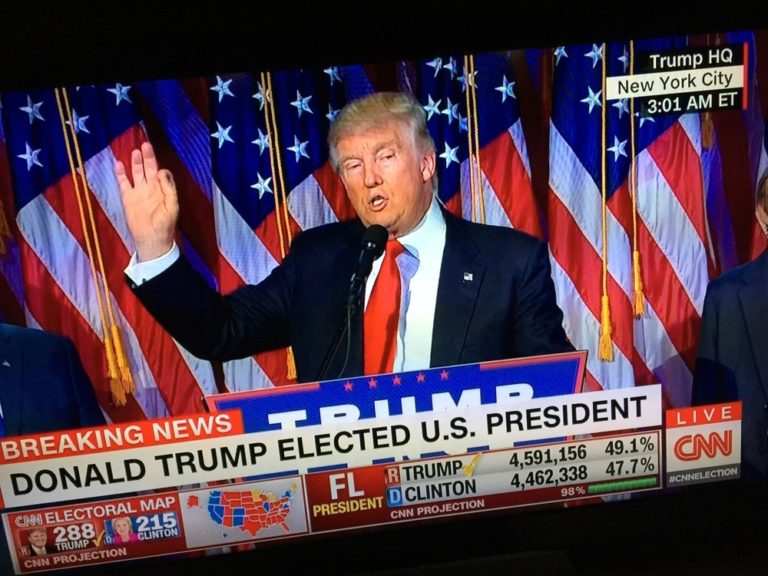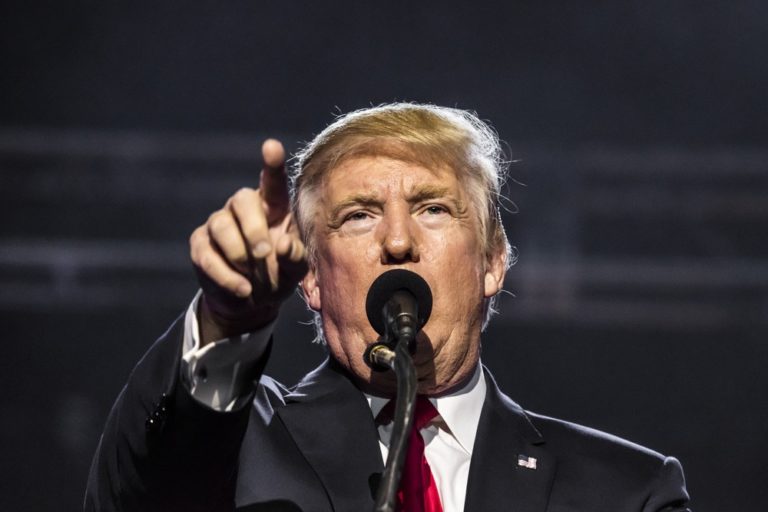Elon Musk, the billionaire CEO of Tesla and SpaceX, has expressed his disappointment over a massive spending bill passed by the House of Representatives. Here’s what you need to know:
- Spending Bill Passes: A major legislative package focused on Republican priorities has been approved by the House.
- Musk’s Reaction: Musk called the bill “disappointing” and criticized its potential to increase the budget deficit.
- Impact on DOGE: He believes the bill undermines the work of the Department of Government Efficiency (DOGE), which he helped lead.
- Focus on Finances: Musk emphasized the importance of reducing government spending and balancing the budget.
- Upcoming Interview: His comments were made in a preview of an interview set to air on “CBS Sunday Morning.”
What’s the Big Deal About the Spending Bill?
The spending bill in question is a large package of Republican priorities that recently passed in the House. It includes funding for various programs, but critics argue it could increase the nation’s budget deficit. A budget deficit happens when the government spends more money than it earns in taxes and other revenues. Over time, this can lead to higher national debt.
Musk, who has been vocal about cutting government costs, is unhappy with this bill. He thinks it goes against the efforts of the DOGE team, which aims to make government operations more efficient and cost-effective.
Why Does Elon Musk Care About Government Spending?
Elon Musk is known for his innovative ideas and leadership in tech and space exploration. But he’s also been involved in government projects, particularly through DOGE. The Department of Government Efficiency was created to reduce waste and improve how the government uses taxpayer money.
Musk’s involvement in DOGE reflects his interest in making the government more efficient. He believes that cutting unnecessary expenses and streamlining operations can help the country run better. When the new spending bill passed, Musk felt it contradicted the progress DOGE was making.
What Did Musk Say Exactly?
In a preview of his interview on “CBS Sunday Morning,” Musk shared his thoughts on the spending bill:
“I was, like, disappointed to see the massive spending bill, frankly, which increases the budget deficit… and it undermines the work that the DOGE team is doing.”
Musk’s words highlight his frustration with the bill’s potential to add to the national debt. He believes that reducing government spending is crucial for long-term economic stability.
Why Should You Care About the Budget Deficit?
If you’re not into politics or economics, you might wonder why the budget deficit matters. Here’s a simple breakdown:
- Higher Taxes: A bigger deficit could lead to higher taxes in the future to pay off the debt.
- Less Money for Important Programs: If the government is spending more on interest payments for the debt, there might be less money for schools, roads, and other essential services.
- Economic Instability: A growing national debt can make the economy less stable and might even lead to higher inflation, which makes things more expensive for everyone.
Musk and others who are concerned about the deficit believe that managing government spending now can prevent these problems later.
What’s Next for DOGE and Musk?
The Department of Government Efficiency, led in part by Musk, aims to make government operations more efficient. This includes cutting waste, streamlining processes, and ensuring taxpayer money is used wisely.
While the spending bill may set back some of DOGE’s progress, Musk’s involvement shows he’s committed to making a difference. His comments on the bill highlight the challenges of balancing political priorities with financial responsibility.
The Bigger Picture: Balancing Politics and Finances
The debate over government spending is nothing new. Politicians often disagree on how much to spend and where to allocate funds. Some argue that spending is necessary to support important programs and boost the economy. Others, like Musk, believe in cutting costs to avoid overwhelming debt.
This tension between spending and saving will likely continue as lawmakers debate future budgets and policies. Musk’s comments remind us that even billionaires like him are paying attention to how the government manages its finances.
Final Thoughts
Elon Musk’s disappointment with the new spending bill reflects his focus on efficiency and financial responsibility. While the bill’s passage is a setback for his goals, it’s just one step in the ongoing debate over government spending. As Musk continues his work with DOGE, he hopes to bring more accountability and efficiency to how taxpayer money is used.
Whether or not you agree with Musk’s views, it’s clear that managing the nation’s finances is a complex and important issue. Stay tuned as this conversation continues to unfold.

